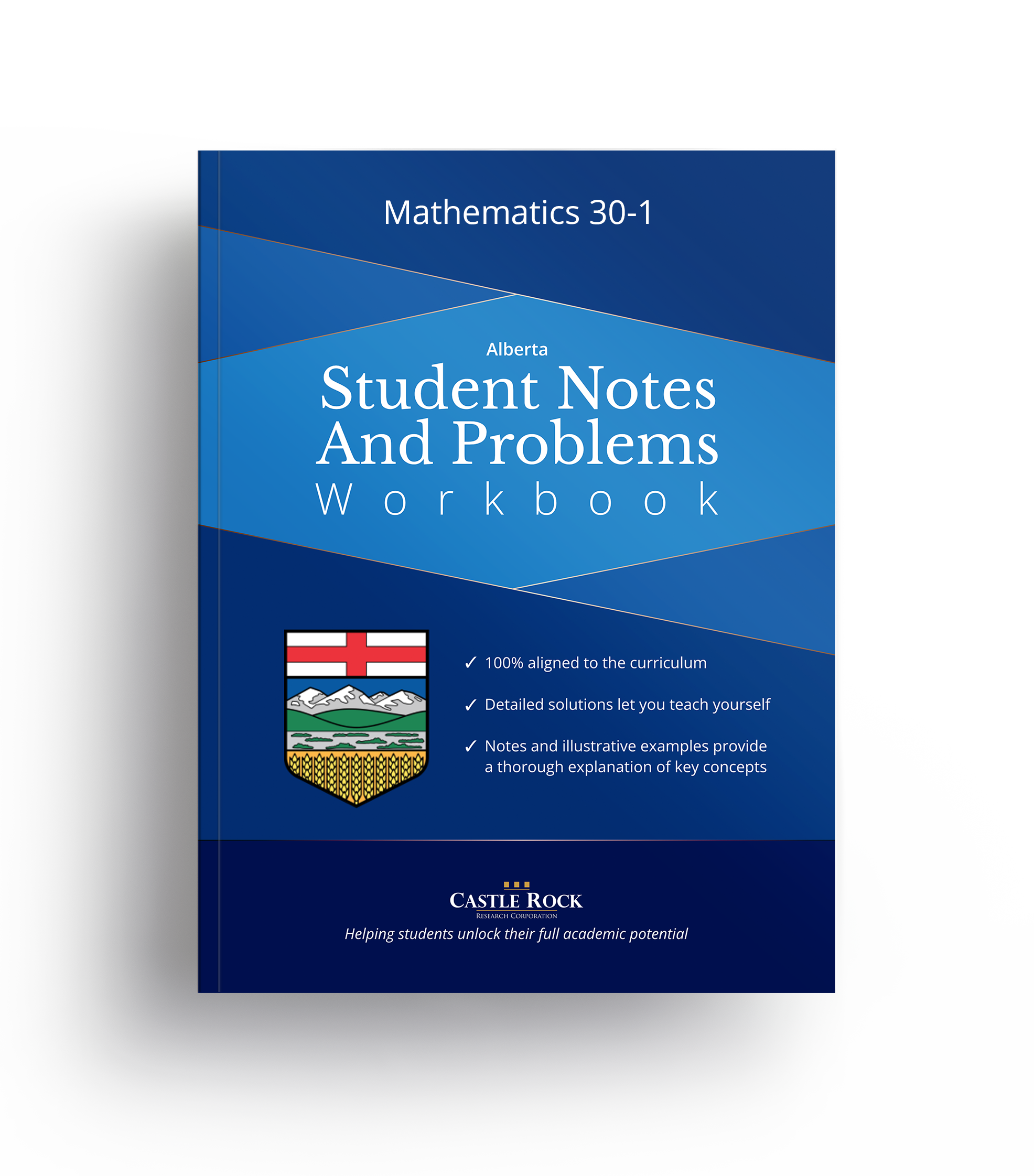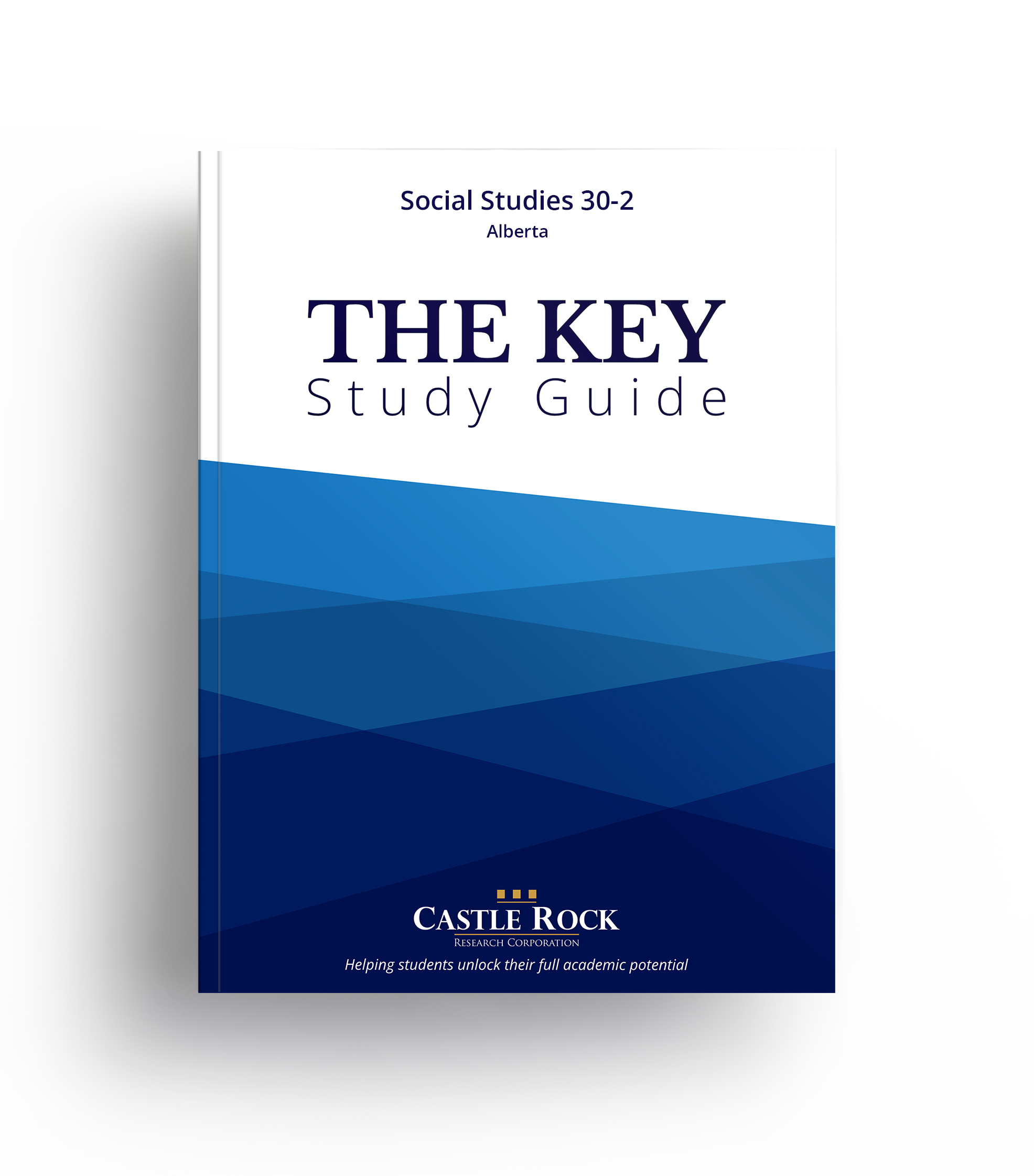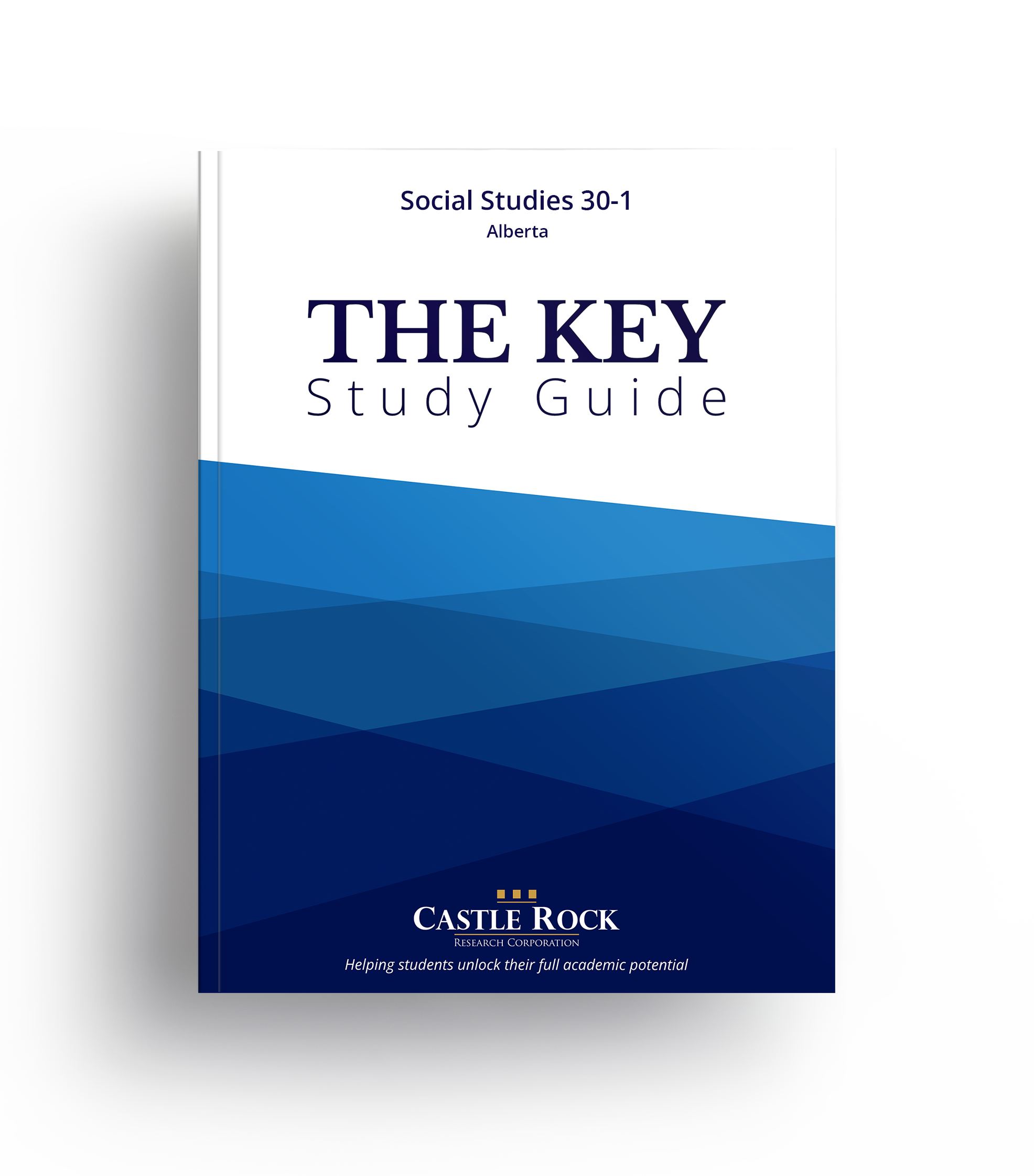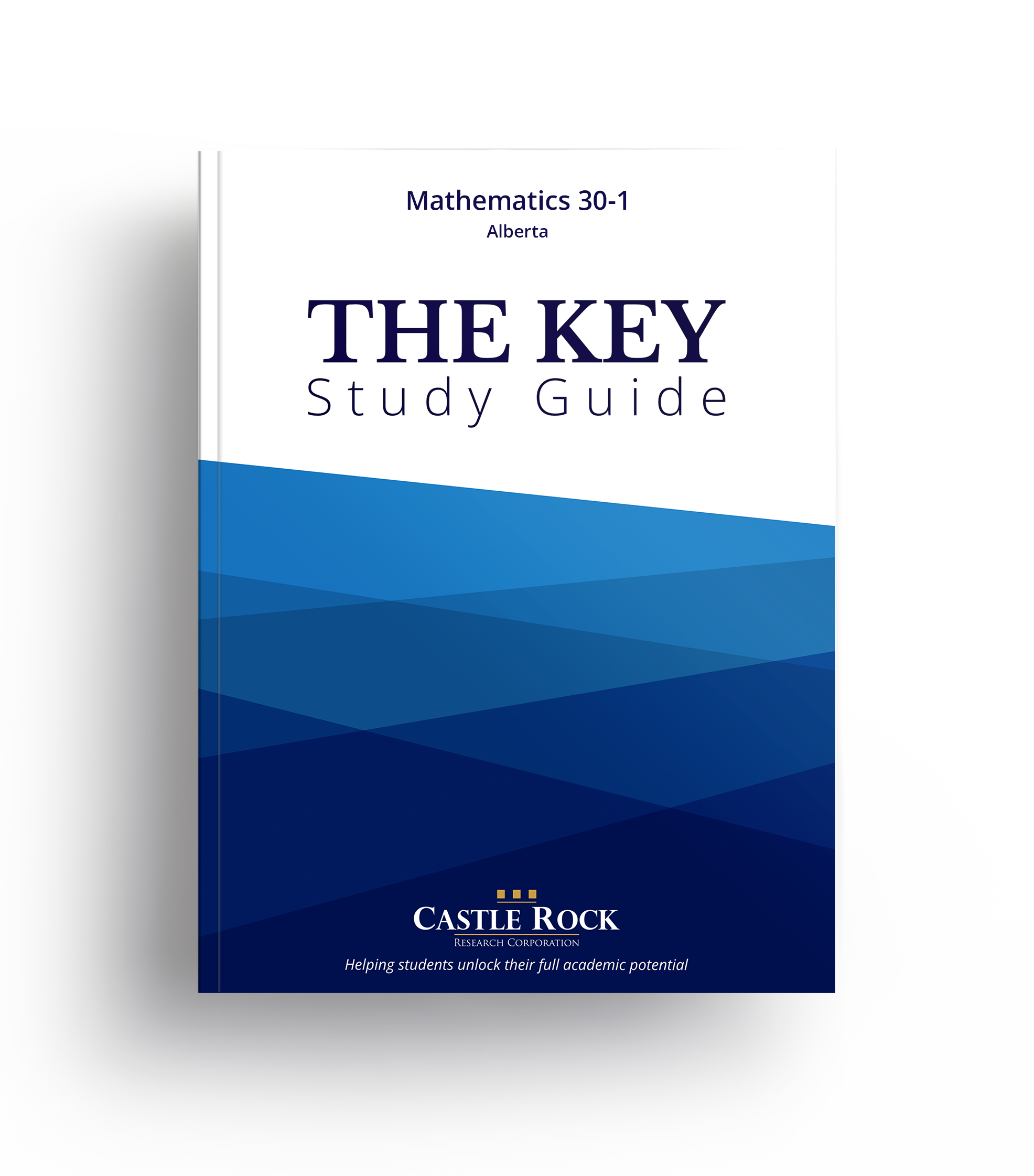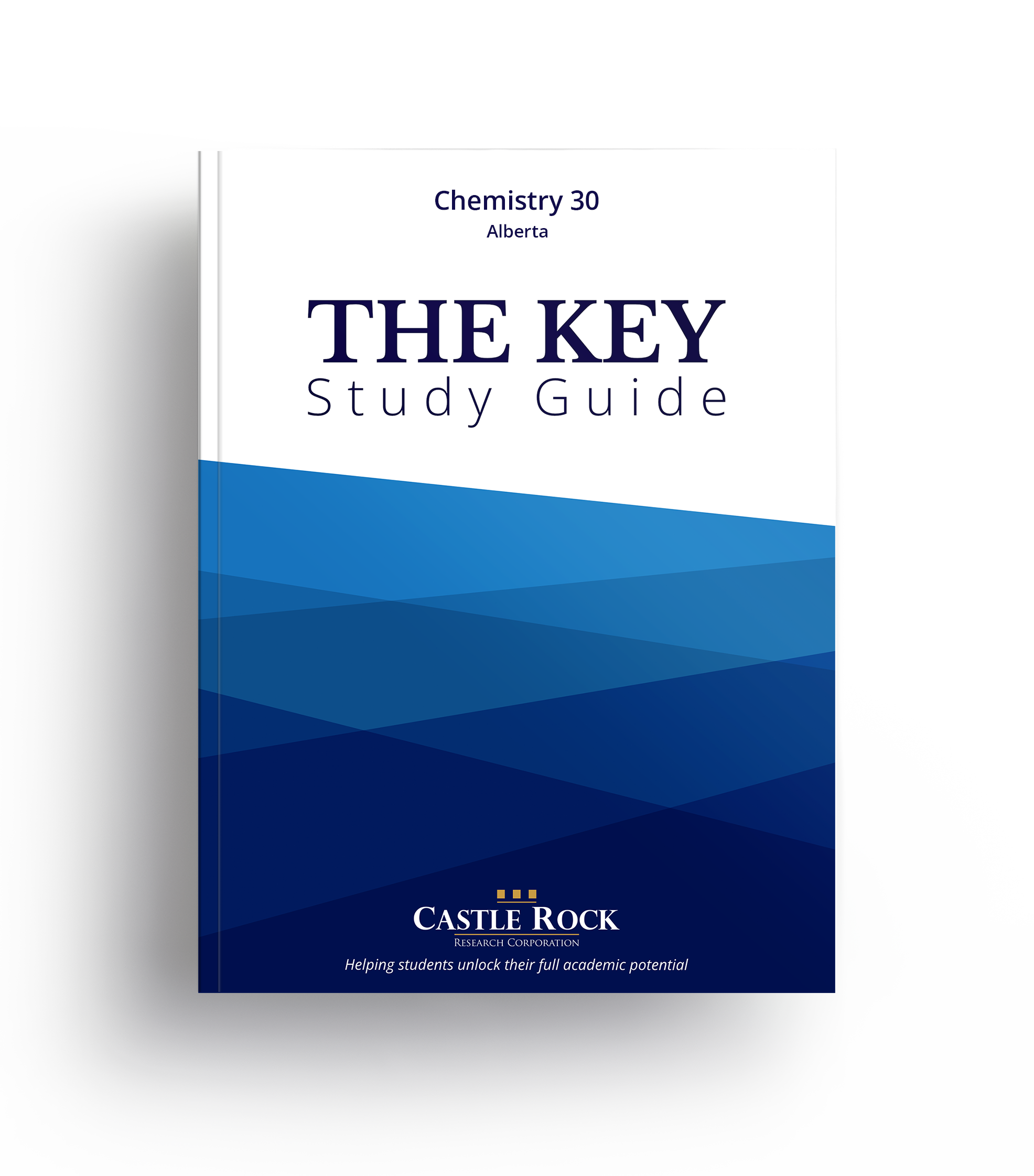The Student Notes and Problems (SNAP) Workbook for Mathematics 30-1 is specifically designed to support classroom instruction and provide students with additional examples, practice exercises, and tests. It is 100% aligned with the Alberta curriculum and is ideal for use all year long at school and at home. The SNAP Mathematics 30-1 covers the following topics:
Trigonometry
Relations and Functions
Permutations, Combinations and Binomial Theorem
Each unit of the workbook includes the following features:
A unit opener page that summarizes the curriculum outcomes to be addressed, identifies the lesson titles, and lists the prerequisite knowledge and skills students should have prior to beginning the unit
Lessons that provide essential teaching pieces, explanations of the concepts, example problems, and detailed solutions
Notes bars that contain key definitions, formulas, reminders, and important steps or procedures
Practice exercises with questions related to the curriculum outcomes that allow students an opportunity to apply the concepts
Detailed solutions for all odd numbered questions, allowing teachers to use even numbered questions for classroom assessments
A review summary that provides a succinct review of the key concepts in the unit
One or more practice tests that students can use to assess their understanding of the unit concepts

